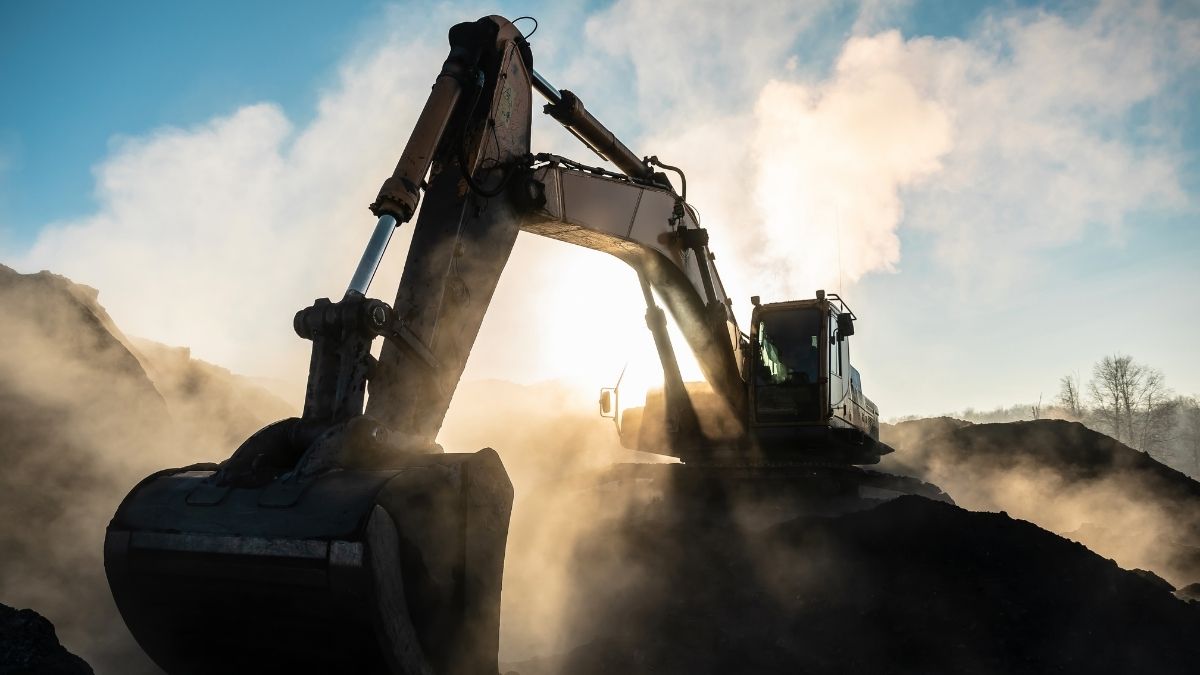Excavators have a wide range of applications, but however you use them, what to know before operating an excavator remains the same. They’re substantial pieces of heavy machinery, and untrained operators can cause significant amounts of damage if they don’t know what they’re getting into.
Even after receiving the proper training, operators can forget small details or overlook safety concerns by accident, making it necessary to constantly refresh their minds on how they must prepare to use their machinery.
Before You Get in the Driver’s Seat
Before starting work, make sure everything in the excavator’s cabin is in order. This means checking the controls to ensure they function correctly and cleaning off any debris from the mirrors. You need complete control and visibility once you begin; losing either one of those will put you and others in significant danger.
Contact the work site’s utility service to ensure you won’t encounter any underground cables or structures. The job may not always call for digging up the ground, but it behooves you to know just in case.
During Operation
While working, never allow anyone into the driver’s compartment or on the excavator’s attachment. The compartment’s design only allows for one person, and you must use the attachment to move only materials, not people.
When driving, always attempt to move the excavator over flat surfaces. If the terrain isn’t flat, take the drive slowly to reduce the risks of instability and tipping.
You’re going to need to fill up truck beds with material on occasion, and when you do, you must load the truck from the back instead of over the cab. Materials will spill from your excavator’s arm, and it’s better to let them fall to the ground instead of on the truck’s cab.
Once You’re Finished
When you’ve finished the job, park the excavator on stable, level ground. The machine’s weight may be too much for softer surfaces, leading to shifting ground, which can topple the vehicle.
Inspect all the attachments on your excavator to ensure nothing sustained damage. Know how to maintain your attachments to preserve their durability and keep them in operation for longer.
Remember to lock up the excavator and return any extra equipment you used. Letting things lie out or leaving doors unlocked can attract potential thieves.
Make It Known When You Can’t Operate Equipment
The safety procedures and other things you need to know before using an excavator will keep you and others safe, but you must know your own limits. Even if you have the proper training, if you’re not feeling well enough to use heavy machinery, let your supervisor know. Never use anything dangerous when you feel your faculties aren’t sharp enough for the job.





 Deering Estate
Deering Estate
 Massage Envy South Miami
Massage Envy South Miami
 Calla Blow Dry
Calla Blow Dry
 My Derma Clinic
My Derma Clinic
 Sushi Maki
Sushi Maki
 Sports Grill
Sports Grill
 The Healthy Kitchen
The Healthy Kitchen
 Golden Rule Seafood
Golden Rule Seafood
 Malanga Cuban Café
Malanga Cuban Café

 Kathleen Ballard
Kathleen Ballard
 Panter, Panter & Sampedro
Panter, Panter & Sampedro
 Vintage Liquors
Vintage Liquors
 The Dog from Ipanema
The Dog from Ipanema
 Rubinstein Family Chiropractic
Rubinstein Family Chiropractic
 Your Pet’s Best
Your Pet’s Best
 Indigo Republic
Indigo Republic




 ATR Luxury Homes
ATR Luxury Homes


 2112 Design Studio
2112 Design Studio
 Hamilton Fox & Company
Hamilton Fox & Company
 Creative Design Services
Creative Design Services
 Best Pest Professionals
Best Pest Professionals
 HD Tree Services
HD Tree Services
 Trinity Air Conditioning Company
Trinity Air Conditioning Company
 Cisca Construction & Development
Cisca Construction & Development
 Mosquito Joe
Mosquito Joe
 Cutler Bay Solar Solutions
Cutler Bay Solar Solutions


 Miami Royal Ballet & Dance
Miami Royal Ballet & Dance
 Christopher Columbus
Christopher Columbus
 Pineview Preschools
Pineview Preschools
 Westminster
Westminster
 Carrollton
Carrollton
 Lil’ Jungle
Lil’ Jungle
 Frost Science Museum
Frost Science Museum
 Palmer Trinity School
Palmer Trinity School
 South Florida Music
South Florida Music
 Pinecrest Orthodontics
Pinecrest Orthodontics
 Dr. Bob Pediatric Dentist
Dr. Bob Pediatric Dentist
 d.pediatrics
d.pediatrics
 South Miami Women’s Health
South Miami Women’s Health

 The Spot Barbershop
The Spot Barbershop
 My Derma Clinic
My Derma Clinic




 Miami Dance Project
Miami Dance Project

 Rubinstein Family Chiropractic
Rubinstein Family Chiropractic
 Indigo Republic
Indigo Republic

 Safes Universe
Safes Universe
 Vintage Liquors
Vintage Liquors
 Evenings Delight
Evenings Delight





 Atchana’s Homegrown Thai
Atchana’s Homegrown Thai
 Baptist Health South Florida
Baptist Health South Florida

 Laser Eye Center of Miami
Laser Eye Center of Miami
 Visiting Angels
Visiting Angels
 OpusCare of South Florida
OpusCare of South Florida

 Your Pet’s Best
Your Pet’s Best





 HD Tree Services
HD Tree Services
 Hamilton Fox & Company
Hamilton Fox & Company


 Creative Design Services
Creative Design Services